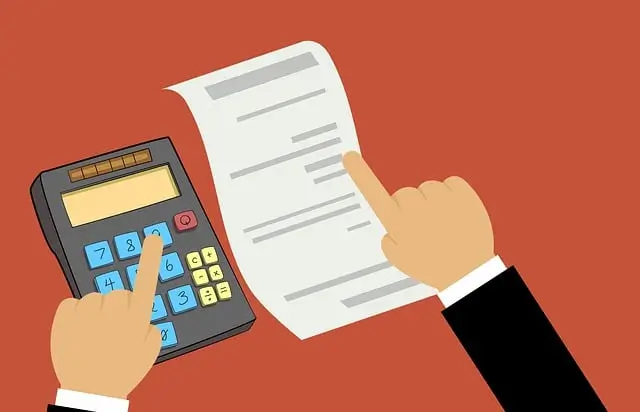Table of Contents
Budgeting is more than just tracking expenses but it is a way to take track of your money and use it intentionally. Everyone can do and benefit from budgeting. A good budget helps you manage your finances, make confident decisions, and work towards what truly matters to you.
Change Your Perspective on Budgeting
How you view budgeting affects your success. Some people think budgets are difficult to follow, but in reality it gives you more freedom. It helps you prioritize your spending, enjoy life, and feel more secure.
What Is a Budget and How Does Easy Budgeting for Beginners Work?
What is budget? a budget is a written plan for how you earn, spend, and save money over a period of time. The process of budgeting includes identifying your priorities, listing income and expenses, tracking your actual spending, and making adjustments as needed.
Why You Should Start Budgeting Today
Budgeting helps you take control of your finances. It shows you where you spend your money, reduces unnecessary expenditures, and pays your bills. It also enables you to save money, retire debt, plan for emergencies, and feel more confident in your financial future. Follow the below steps to create and maintain a budget that meets your requirements.
Step 1: Know How Much Money You Make
Start by listing all your income sources and estimating how much you earn each month. This includes your salary, freelance work, benefits, or other payments. If your income varies, estimate on the lower side to stay on the safe side.
| Income Source | Estimated Amount |
|---|---|
| Job (After Tax) | $2,500 |
| Side Job/Part-Time | $300 |
| Support from Family | $100 |
| Other (e.g., cashback, allowance) | $50 |
| Total Income | $2,950 |
Tip: List only the money you actually receive (after tax). If it changes month to month, use the lowest average to be safe.
Step 2: List and Estimate Your Expenses
Next, identify all your monthly expenses. Begin with fixed costs like rent and insurance, then list variable ones like groceries and gas. Don’t forget annual expenses—divide them by 12 to include a portion each month. Total everything to see how much you spend monthly.
| Category | Estimated Amount | Type |
|---|---|---|
| Rent or Room Share | $1,000 | Fixed |
| Groceries | $300 | Variable |
| Phone Bill | $50 | Fixed |
| Transport (Bus, Fuel) | $100 | Variable |
| Eating Out | $100 | Variable |
| Subscriptions (e.g., Netflix) | $30 | Fixed |
| Clothes & Personal Items | $70 | Variable |
| Savings | $200 | Fixed/Goal |
| Emergency Fund | $100 | Fixed/Goal |
| Fun & Entertainment | $50 | Variable |
| Total Expenses | $2,000 |
Tip: Divide expenses into “fixed” (same every month) and “variable” (changes each month). Always include a small amount for savings, even if it’s just $10.
Step 3: Compare Income to Expenses and Set Goals
Now compare your income to your expenses. If you spend less than you earn, you have a surplus—great! Use that extra money to work toward your financial goals, like saving for emergencies or investing. If you’re spending more than you earn, look for ways to cut back or increase income to balance your budget.
Step 4: Track Your Spending and Make Adjustments
Throughout the month, keep track of your real spending. At the end of the month, review your budget and see if it matched your plan. Adjust categories as needed, plug spending leaks, and make sure your spending aligns with your goals. Your budget should evolve as your life does.
Step 5: Stick With Your Budget and Build Good Habits
Budgeting gets easier with time. Stay consistent by setting realistic goals, using simple tools, and automating savings. Over time, you’ll build strong money habits, avoid impulse spending, and feel more in control of your future.
Free Basic budget template
Download the basic monthly budget planner, enter your income and expenses, and easily see how your spending fits into the 50/30/20 rule. Use the sheet to track your actual spending or to plan ahead for the month.
Final Thought
Budgeting is easy and not stressful, if you begin with small, achievable steps. Having knowledge of where your money is inflowing and outflowing, and set goals will help you feel secure and in control of your finances. It doesn’t need to be flawless, only consistent. The more you stay on track with your budget, the simpler it will be to achieve your desired goals.

